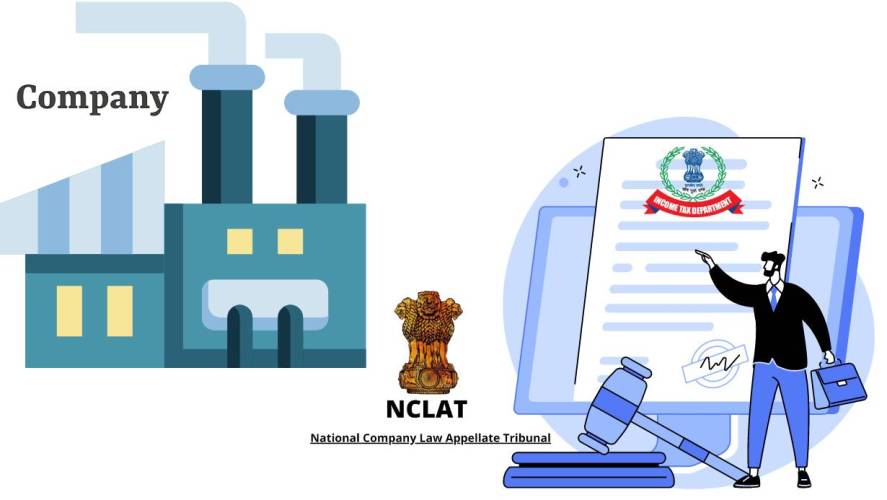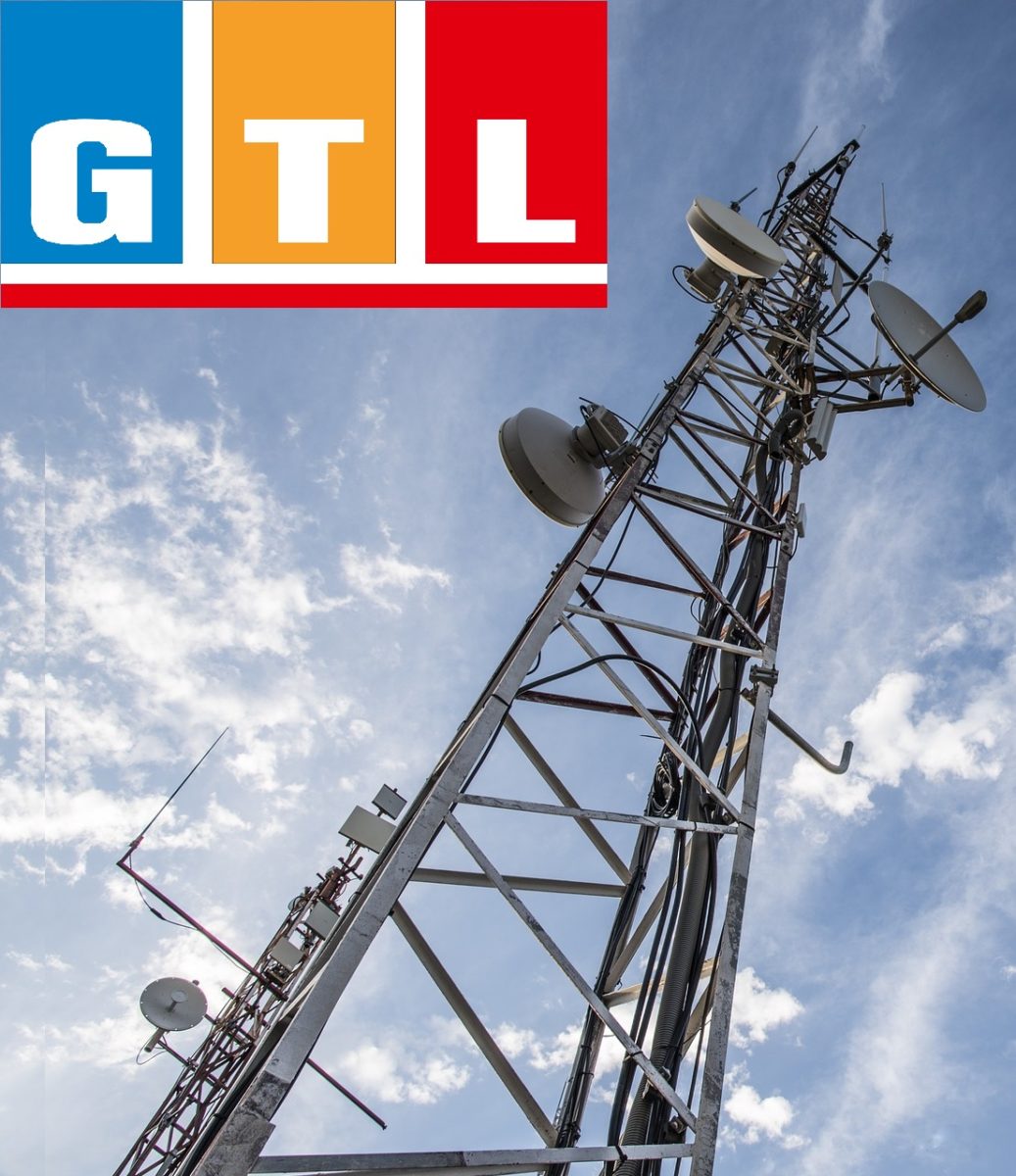China’s hunger for overseas assets has been a big windfall for its domestic banks, thanks to their ability to provide cheap financing. But the nation’s lenders will likely find a ceiling to their ambitions in the broader region as more offshore deals face U.S. antitrust scrutiny.
While Morgan Stanley leads investment-banking-fee earners in Asia Pacific outside Japan this year, five Chinese companies rank in the top 10, according to data from Freeman Consulting Services.
Until recently, most Chinese lenders were content to limit their offshore activity to taking part in Hong Kong initial public offerings, much to the dismay of the Wall Street and European banks that for years have dominated that business. Recently, they’ve begun taking part in China’s M&A boom as well.
Hainan-headquartered airlines-services group HNA, for example, hired CICC to advise on its $6 billion planned acquisition of Ingram Micro after using Morgan Stanley when it purchased aircraft lessor Avolon Holdings last September. ChemChina employed at least three Chinese banks to help on its proposed $43 billion takeover of Syngenta.
But ask anyone and they’ll say Chinese institutions for the most part remain financiers rather than advisers.
China’s biggest bank, ICBC, provided the bridge loan for Midea’s pending acquisition of German robot maker Kuka, but the Chinese consumer-appliance group turned to Morgan Stanley for advice on the deal. Similarly, Anbang Insurance tapped China Construction Bank for funding when it set its sights on Starwood Hotels, but took counsel from New York-based PJT Partners on the ultimately aborted transaction.
Wall Street lenders may be relieved that in this, they at least have an edge. IPOs are no longer the lucrative business they were in Hong Kong five years ago, and fees from mergers and acquisitions are playing a more important role.
M&A has been one bright spot in Asia this year, with fees rising by 15 to 20 percent, according to data from business intelligence provider Coalition. Investment-banking fees, meanwhile, are down by about the same amount, dragged lower by sluggish equity underwriting.
For Chinese lenders, stumping up the money alone can’t win long-term heft, especially if the main hurdle is navigating the politics surrounding approval from the Committee on Foreign Investment in the U.S. At least $21 billion of announced deals from Chinese acquirers have been terminated this year, the most since the first half of 2009.
Considering the challenges, Chinese companies keen to pursue acquisitions abroad seem content to use domestic lenders for the money, and Western institutions for advice. Ending Wall Street’s reign in Asia was never going to be easy.
Recent Articles on M&A
Source: Bloomberg.com




